
The director of behavioral medicine at the Mellen Center for MS Treatment and Research at Cleveland Clinic discussed the importance of interdisciplinary care and ways it can be incorporated for patients with multiple sclerosis.

The director of behavioral medicine at the Mellen Center for MS Treatment and Research at Cleveland Clinic discussed the importance of interdisciplinary care and ways it can be incorporated for patients with multiple sclerosis.
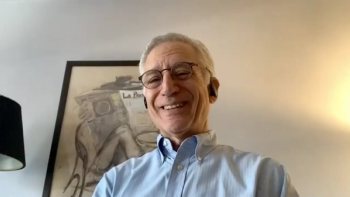
The founding executive director and chief science officer at the Alzheimer’s Drug Discovery Foundation discussed the landmark findings from Biogen on its agent aducanumab and the impact the trial might have on the future.

The staff neurologist, Vice-Chair of Operations, and Quality Improvement Officer at Cleveland Clinic Neurological Institute discussed the institute’s transition to telemedicine and how it has been utilized.

The newly appointed director for the Center for Experimental Neurotherapeutics at St. Jude Children’s Research Hospital gives an overview on what neurologic disorders the new center will focus on.
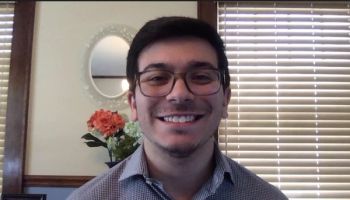
Neurology News Network for the week ending May 16, 2020.
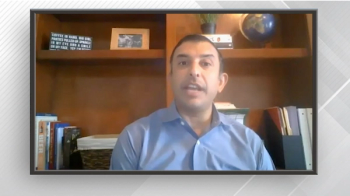













Finkel discussed his new role at St. Jude Children’s Research Hospital, where he'll head up the new Center for Experimental Neurotherapeutics.

The neurologist at the Barrow Neurological Institute spoke to the impact that social media and telemedicine have had on the medical community’s ability to stay connected and continue to provide care and support.

The neurologist at Banner-University Medicine Neuroscience Institute offered his perspective on data from an open-label safety assessment of cannabidiol (Epidiolex) in the treatment of tuberous sclerosis complex.

The director of MedStar Georgetown Headache Center and associate professor of neurology at MedStar Georgetown University Hospital discussed the findings of an analysis from the ACHIEVE studies of ubrogepant.

The professor of neurology at NYU Langone gives her input on those who are nervous to take hospital trips, as well as the protocol for patients with neurological disorders as COVID-19 slows down.

The neurologist at the Barrow Neurological Institute discussed how to best address telemedicine appointments and exams for patients who may be at risk for a fall or some other safety concern.
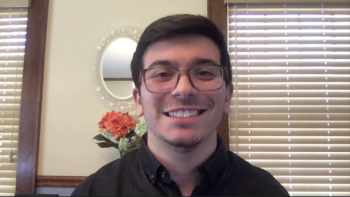
Neurology News Network for the week ending May 9, 2020.
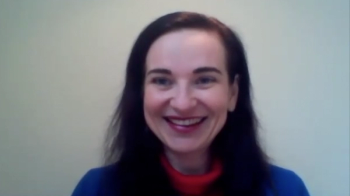
The headache specialist at UCSF discussed the findings of a retrospective assessment of the impact of the infusion rate of dihydroergotamine (DHE) on inpatient treatment outcomes.

The neurologist at Banner-University Medicine Neuroscience Institute discussed the findings of a study that suggest perampanel may improve insomnia by decreasing anxiety in patients with epilepsy.

The director of pediatric epilepsy and professor of neurology at Mayo Clinic details the rampant acceleration of telemedicine and how her practice is adjusting to the COVID-19 pandemic.

The founding executive director and chief science officer at the Alzheimer’s Drug Discovery Foundation detailed what he foresees the future of Alzheimer and dementia care to look like with telemedicine as a more permanent aspect of care.
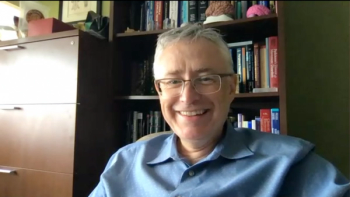
The director of the Stroke Center at Banner-University Medicine Neuroscience Institute spoke to the need for data like that from the TELECAST study and how the COVID-19 pandemic might push telestroke care forward.